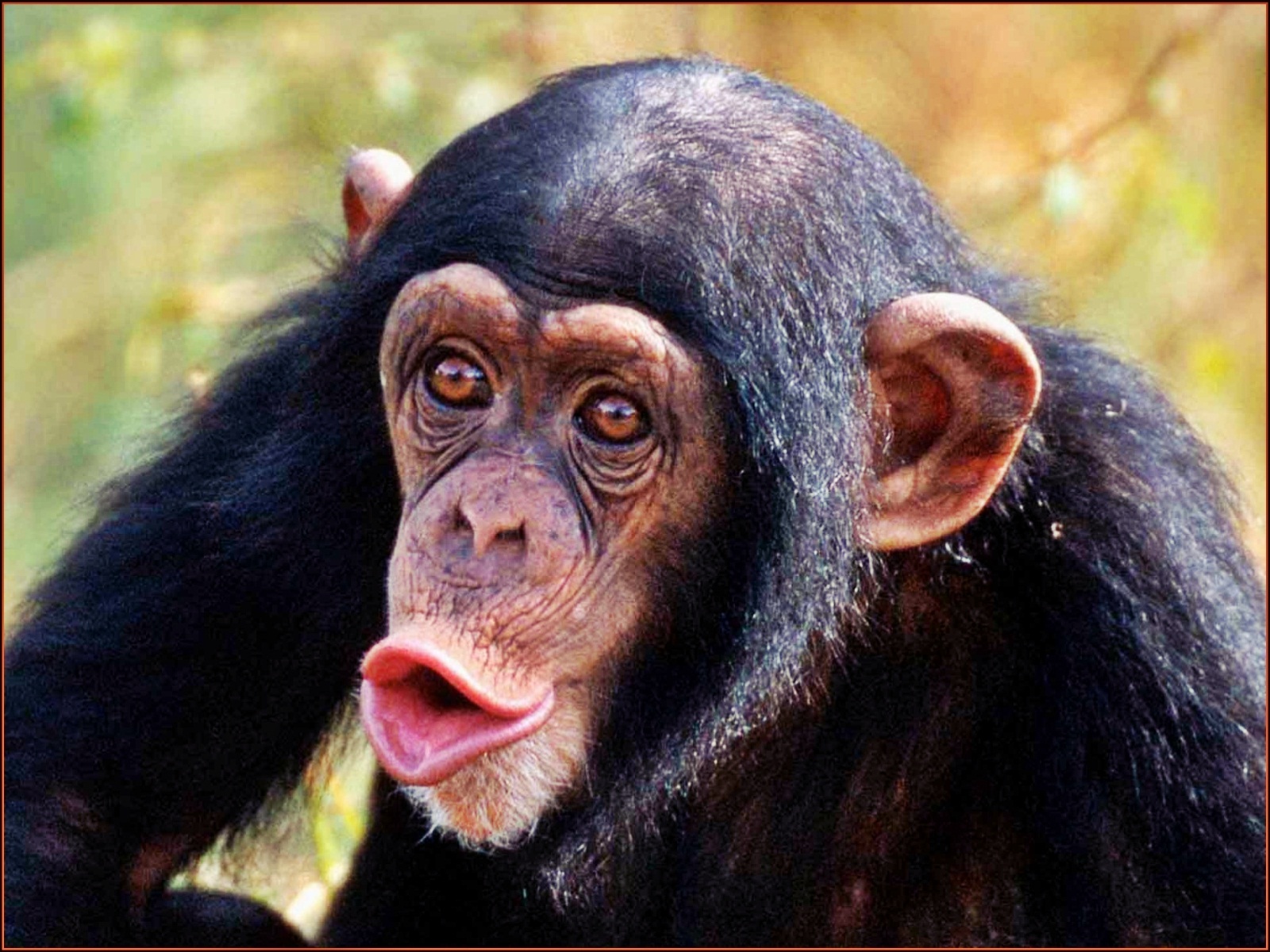

If we were being less hypocritical, he suggested, the 2022 epidemic would be attributed not to the West African clade of monkeypox but to the “European” clade-in reference to the continent where cases were first identified this year. These were originally named after the regions in Africa where they’d first been identified, but the present crisis did not emerge from any of those places, Christian Happi, the director of the African Center of Excellence for Genomics of Infectious Diseases in Nigeria, told me. The subtypes of the monkeypox virus, called clades, could be even more misleading. Although the disease was first identified in primates, in 1958, small mammals like squirrels and rats are now thought to be more important viral reservoirs. In addition to finding the name unserious and possibly racist, he’s hung up on the fact that monkeypox doesn’t actually have much to do with monkeys. It “genuinely bothers me every time I use it,” Neil Stone, an infectious-disease physician in the United Kingdom, told me. The name for the current outbreak is, at the very least, inapt. All these names are weird, but they hardly seem offensive. A common viral illness related to monkeypox is termed “ molluscum contagiosum,” which seems like a Harry Potter curse and then there’s “ maple syrup urine disease”-much too sweet of a label for a debilitating condition. One can find “ hairy cell leukemia” and “ fish scale disease” and “ cat cry syndrome” on the books.
Funny mokey full#
But medicine is full of terms that sound funny or disgusting or obscene. A single name for a disease is said to be, somehow, the source of all this evil. I’ve also heard that monkeypox is racist, that it’s homophobic, and that, actually, it’s causing harm to monkeys. Others claim that it’s too scary, and causes panic we don’t need. Some say the term is silly, and that it makes a dreadful ailment seem unimportant. Osmundson, who wants the name to be changed, is appalled by my point of view. I’ve been told I’m wrong about this point, many times and by many different people. After seeing lives literally put at risk by our government, I have a hard time believing that the word monkeypox can really do the same. But that feeling quickly went away as doctors had to deal with the scourge itself, and with a public-health failure of actions. Sure, monkeypox sounded odd when I first started hearing it in conversation. But the name of the disease has never bothered me, let alone engendered premonitions of catastrophe. The delays in rolling out tests, treatments, vaccines, and contact tracing have been a months-long source of frustration. Read: Asking gay men to be careful isn’t homophobiaĪs a practicing physician-and a gay one at that-I've felt devastated by the clumsy public-health response to monkeypox. “The WHO must act in this moment before it is too late.” “Words can save lives or put them at further risk,” the letter said. A month later, with monkeypox still mired in linguistic purgatory, the health commissioner of New York City issued an open letter to Ghebreyesus warning that a “public health failure of words with potentially catastrophic consequences” was imminent. In June, more than two dozen virologists and public-health experts put out a call for a “neutral, non-discriminatory and non-stigmitizing” nomenclature for the virus and its subtypes World Health Organization Director-General Tedros Adhanom Ghebreyesus responded by announcing a formal process to create one. Since the global crisis started in the spring, efforts to contain the spread of monkeypox have developed in parallel with efforts to change its formal identity. “Not only is this virus horrible, and people are suffering,” he said, “but it’s also fucking called monkeypox. So he must have been targeted for this catcall, he told me, on account of his being “visibly gay.” From his perspective, the name of the disease has made a painful outbreak worse.
Funny mokey skin#
He wasn’t infected with the virus, which has been spreading largely through intimate contact between men, nor did he have the characteristic skin lesions. Joseph Osmundson, a microbiologist at NYU, was walking home recently in New York City when a stranger abruptly shouted “Monkeypox!” at him.


 0 kommentar(er)
0 kommentar(er)
